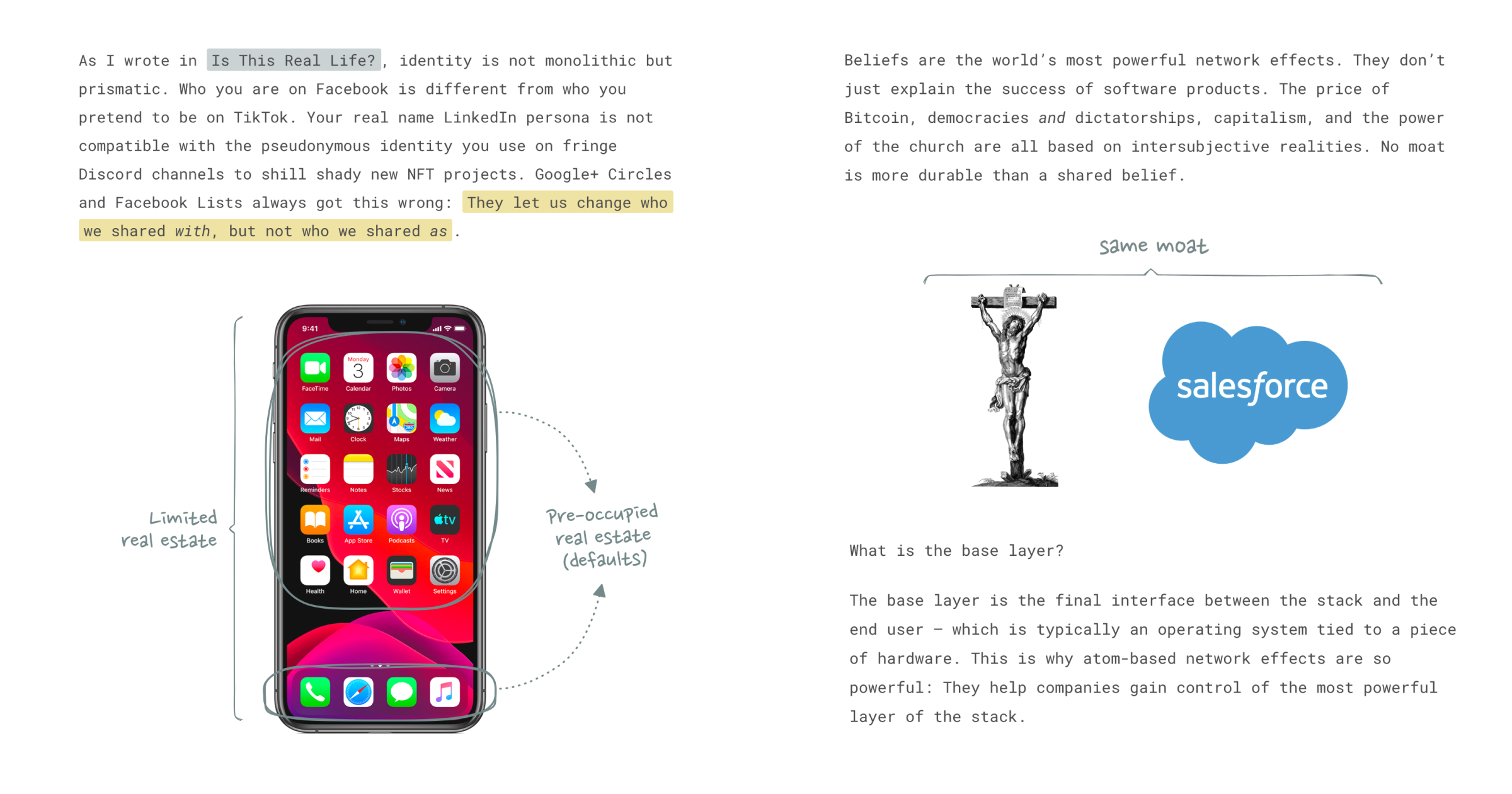In many ways, online marketplaces are the perfect business model. Since they facilitate transactions between independent suppliers and customers rather than take possession of and responsibility for the products or services in question, they have inherently low cost structures and fat gross margins. They are highly defensible once established, owing to network effects. Yet online marketplaces remain extremely difficult to build, say Andrei Hagiu of Harvard Business School and venture capitalist Simon Rothman of Greylock Partners. Most entrepreneurs and investors attribute this to the challenge of quickly attracting a critical mass of buyers and suppliers. But it is wrong to assume that once a marketplace has overcome this hurdle, the sailing will be smooth. Several other important pitfalls can threaten marketplaces: growing too fast too early; failing to foster sufficient trust and safety; resorting to sticks, rather than carrots, to deter user disintermediation; and ignoring the risks of regulation. This article draws on company examples such as eBay, Lending Club, and Airbnb to offer practical advice for avoiding those hazards.











